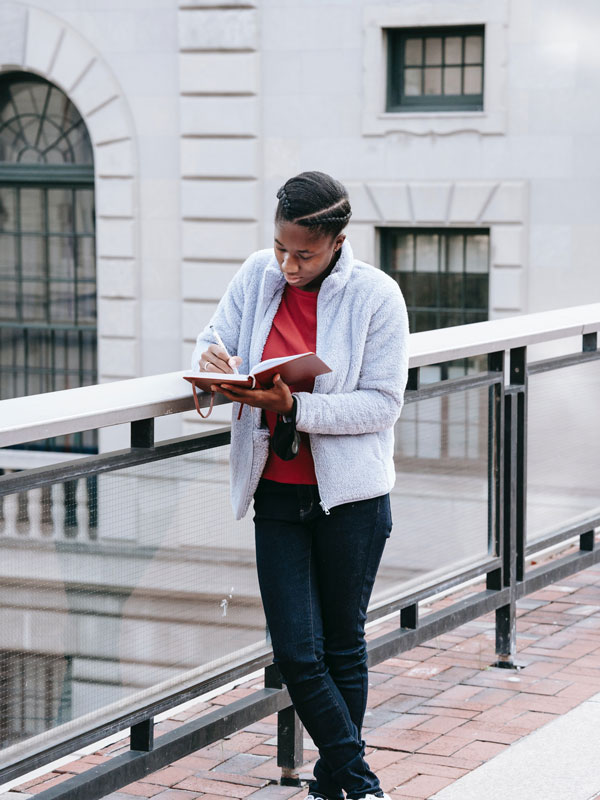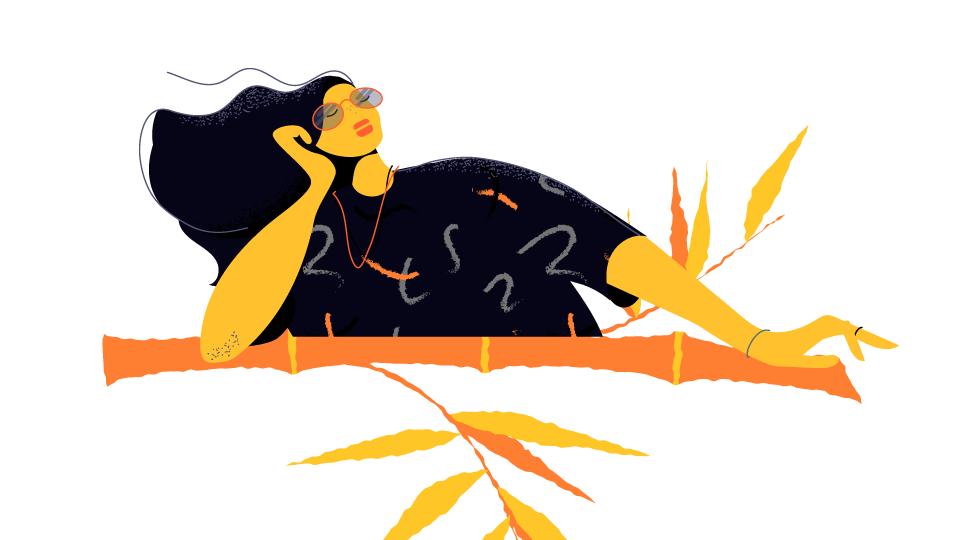Intellectual character
Assets | Reflection

Making the time and space to process our thoughts, feelings, and experiences, in order to take meaningful action moving forward.
1. Highlights
Reflection deepens our understanding of ourselves and the world around us. While it is a seemingly straightforward concept, it can be challenging to consistently put into practice. Critical reflection, in which we think about our experiences, beliefs, thoughts, and feelings and seek to learn from them, requires us to be humble and honest to face our own shortcomings and curious and truth-seeking to better understand both ourselves and our experiences — to understand what happened and why.
Learn from our experiences by thinking about what happened and why
Be humble and honest enough to face our own shortcomings
Reflect with others to gain more perspectives, deepen learning and amplify impact
Reflection requires us to intentionally create the time and space to do it effectively, whether at a personal level or in collaboration with others, as it is only too easy to let powerful learning opportunities slip by. When critical reflection happens in groups — incorporating multiple perspectives and centering shared values and common goals — reflection has a multiplying effect that research has shown to be transformative for group innovation and systems-level change.
As educators, creating opportunities for reflection in our daily work is important as the pressures of on-the-spot problem-solving with students, parents, and colleagues can quickly take precedence. In this urgency of the present, many important insights or opportunities for knowledge sharing and systemic solutions can go unnoticed. Because of this, developing a mindful disposition for reflective practice is an essential part of Principled Innovation. This intentionality helps us move in a cycle from action to reflection and learning about that action, to then incorporating what we learned into our next actions. This transformational process helps us cultivate practical wisdom both in ourselves and in our relationships with others, building empathy and creating the conditions for productive collaboration in which creative solutions can emerge.


2. Context

Why team reflexivity works
Article
20 minutes
By: Michaéla Schippers
The benefits of developing a reflective routine
Article
15 minutes
By: Edutopia
Critical reflection in practice
Video
4 minutes
By: Australian Children's Education & Care Quality Authority
What?/so what?/now what?
Tool
40 minutes
By: Principled Innovation® (PI)
